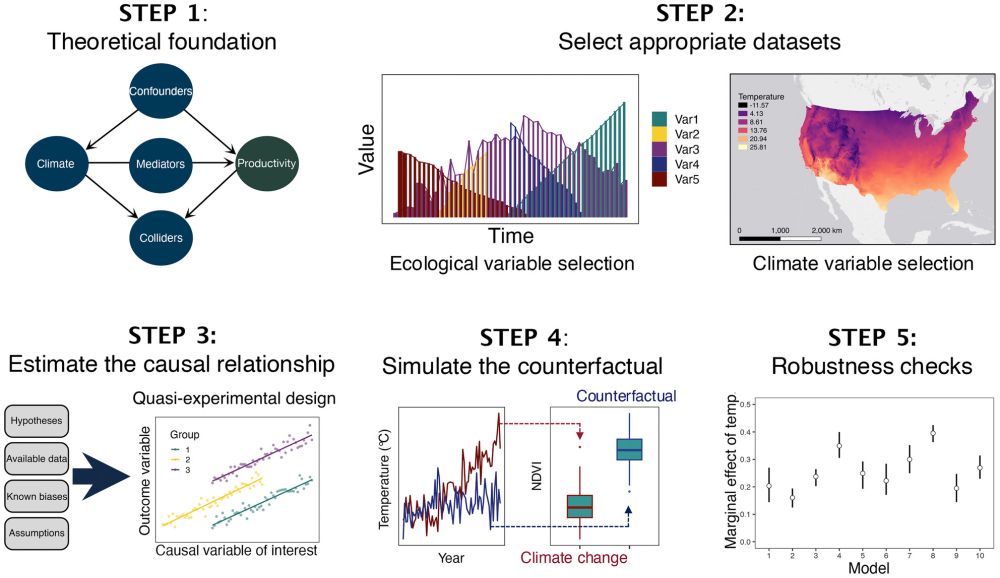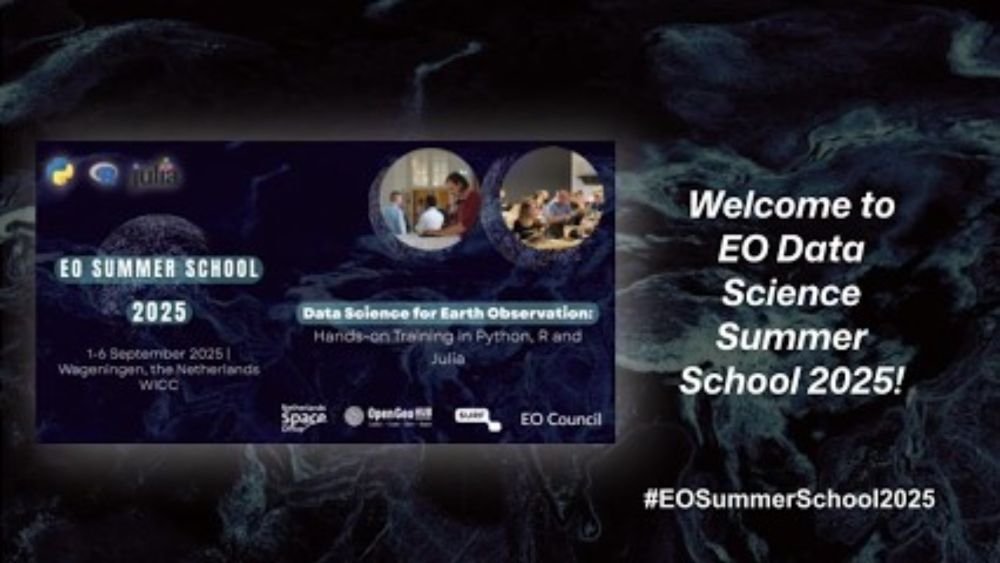Department of Geoecology
@spacetimeeco.bsky.social
2.8K followers
440 following
77 posts
We combine field measurements with geospatial technologies to understand plant distribution across time and space.
Led by Martin Kopecký, placed in @IBOTCZ
Posts
Media
Videos
Starter Packs
Pinned
Reposted by Department of Geoecology
Reposted by Department of Geoecology
Reposted by Department of Geoecology
Reposted by Department of Geoecology
Reposted by Department of Geoecology
Reposted by Department of Geoecology
Reposted by Department of Geoecology
Reposted by Department of Geoecology
CRAN Updates
@cranupdates.bsky.social
· Sep 12

mlr3spatiotempcv: Spatiotemporal Resampling Methods for 'mlr3'
Extends the mlr3 machine learning framework with spatio-temporal resampling methods to account for the presence of spatiotemporal autocorrelation (STAC) in predictor variables. STAC may cause highly biased performance estimates in cross-validation if ignored. A JSS article is available at <<a href="https://doi.org/10.18637%2Fjss.v111.i07" target="_top">doi:10.18637/jss.v111.i07</a>>.
CRAN.R-project.org
Reposted by Department of Geoecology
Reposted by Department of Geoecology
Reposted by Department of Geoecology
Antoine Cabon
@acabon.bsky.social
· Sep 5

Distal to proximal: a continuum of drivers shaping tree growth and carbon partitioning
The relationship between tree carbon (C) assimilation and growth is central to understanding tree functioning and forecasting forest C sequestration, yet remains unresolved. The long-standing debate ...
nph.onlinelibrary.wiley.com
Reposted by Department of Geoecology
Reposted by Department of Geoecology
Reposted by Department of Geoecology
Reposted by Department of Geoecology
Reposted by Department of Geoecology
Reposted by Department of Geoecology
Reposted by Department of Geoecology
Dr. Joan Dudney
@dudney-joan.bsky.social
· Aug 14

A Causal Inference Framework for Climate Change Attribution in Ecology
Accurately attributing ecological shifts to climate change remains a significant challenge. Here, we present an accessible causal inference framework designed for climate change attribution in observ...
onlinelibrary.wiley.com

























